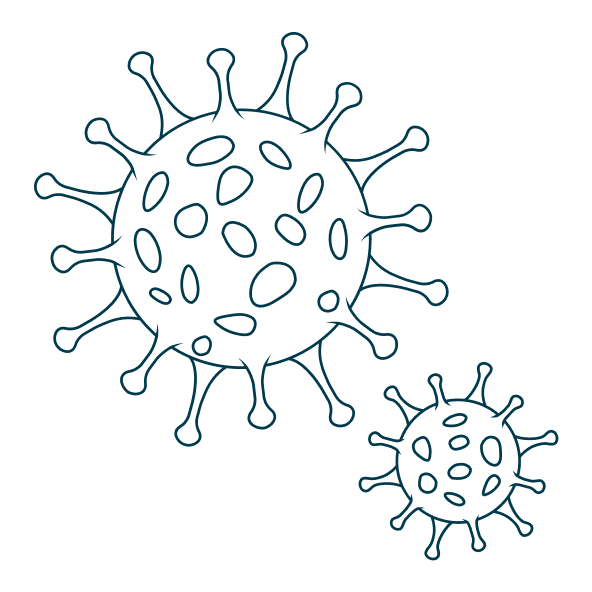Oncologic pain
What is
Oncologic pain is pain that occurs in patients suffering from cancer. Depending on the type of cancer the patient suffers from, pain can manifest itself in different ways, increasing the discomfort that the patient suffers in itself.

Causes
The occurrence of pain is associated with the progression of the disease, together with the type of tumor and location. Thus it is known to be especially frequent and intense in patients with pancreatic tumors, bone tumors/bone metastases, brain and blood tumors.
Symptoms
Pain of oncologic origin is variable, difficult to measure and entirely dependent on the evolutionary stage in which patients find themselves as well as on the specific type of tumor that affects them.

Our customers say
Insurance companies
Ask your MIVI centre for information on the agreements with insurance companies.










